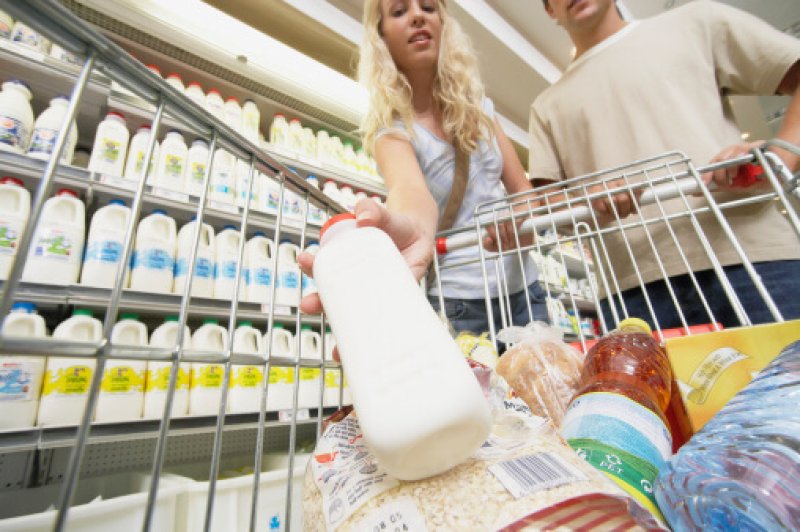[Editor’s note: Jayson Lusk is a professor in the Department of Agricultural Economics at Oklahoma State University.]
I presumed most people would choose organic if it were priced the same as conventional. [A European food retailer said], however, that his retail experience was … [that] even when he substantially lowered the price premium for organic, the market share remained relatively low.
…
We conducted studies with apples and with milk [to test this observation].
Even in these controlled studies, we find that if organic were priced the same as conventional (a price premium of 0%), not everyone would buy organic. Priced evenly with conventional, organic would pick up only about 60% of the apple market (the remaining 40% going to conventional), and organic would pick up only about 68% of the milk market (the remaining 32% going to conventional).


Given differences in yield and production costs, organic is almost surely going to be routinely higher priced than conventional. But, even if this weren’t the case and organic could be competitively priced, these survey results show us that not everyone prefers organic food.
[Read the full study here (behind paywall).]
The GLP aggregated and excerpted this blog/article to reflect the diversity of news, opinion, and analysis. Read full, original post: Does everybody prefer organic?































